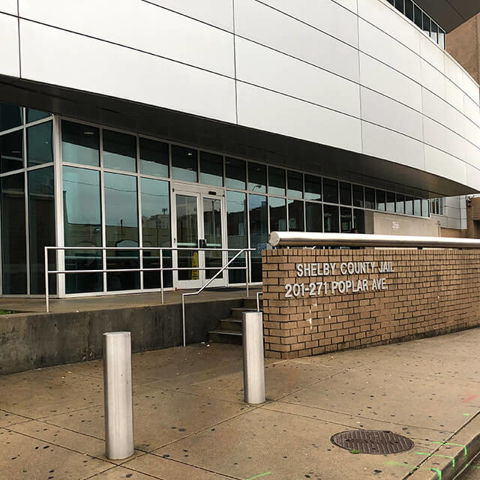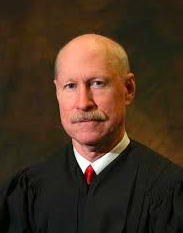U.S. District Judge Sheryl Lipman entered an order on Tuesday denying a motion from the Shelby County Sheriff’s office to terminate a consent decree of last June mandating improved access to Covid-19 prevention for prisoners in the Shelby County Jail.
The consent order was the result of litigation on inmates’ behalf by the American Civil Liberties Union of Tennessee.

In seeking termination of the decree, the motion from Sheriff Floyd Bonner had claimed, essentially, that, pursuant to the consent decree, the Department had offered all inmates access to a vaccine and provided adequate educational materials and incentives to take the vaccine.
Lipman rejected this argument, finding that, contrary to the assertions of head jailer Kirk Fields, it was not clear that all detainees had indeed been offered a vaccine.
She found further that it was even less clear that all inmates had received the educational materials that the Sheriff’s Department contended had gone out to each detainee, or that the educational materials had indeed been adequate.
In denying the Department’s motion to terminate the decree, Lipman cited testimony from two experts, one provided by the plaintiffs and another by the court itself, asserting that the vaccination rate for jail inmates remained at a “shockingly low rate” of between 11 and 24 percent.
The judge said that such a rate, “in the midst of the virulent Delta variant, signals a population in deep peril,” and concluded, “The consent decree did not enshrine mere box-checking. It enshrined meaningful protection for plaintiffs, a medically vulnerable group.”
Hence, she said, “Defendants have failed to satisfy their burden that the Consent Decree has been terminated. Thus, their Motion to Terminate the Consent Decree is denied.”

